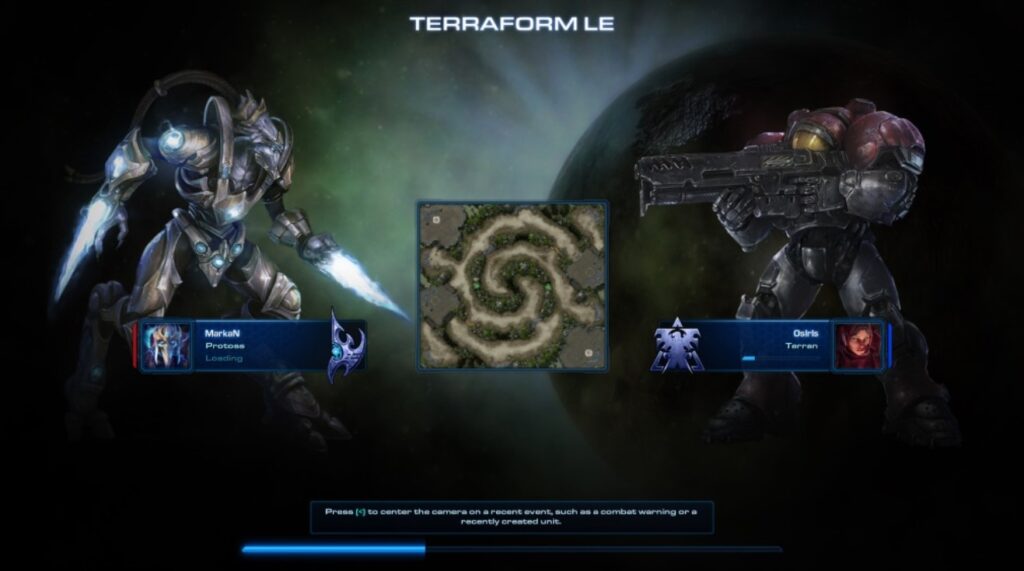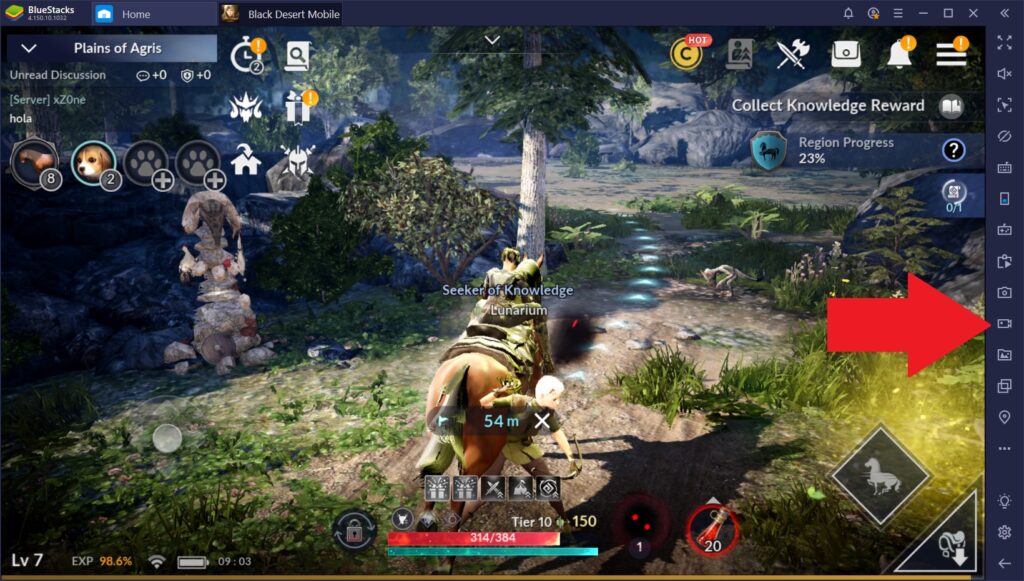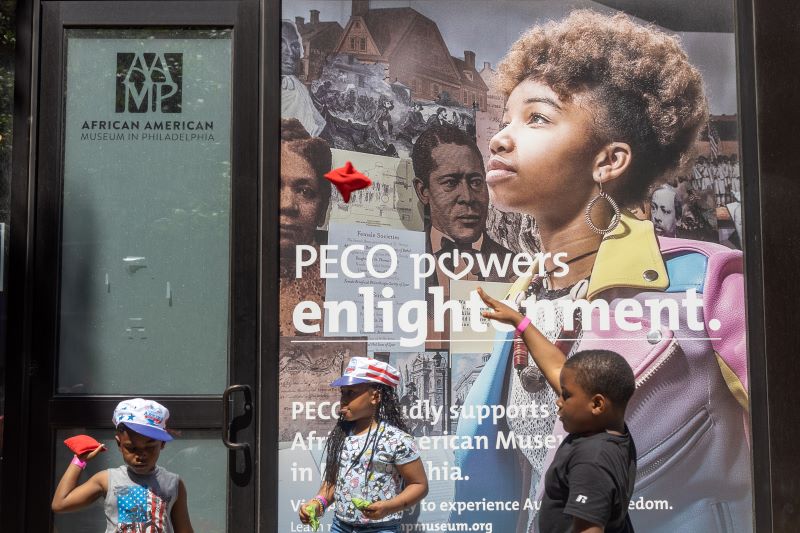Photo source – LoL Park (Riot Games Korea)
Video games have come a long way since their inception. They have gone from being regarded as a waste of time to becoming career or recreational choices for people everywhere. Although this applies to the whole world, Gaming culture in South Korea is on a level above others.
Despite the reception of video games worldwide, the community has formed into two main categories of gamers. The first set takes video games more seriously and participates more in competitive scenes. On the other hand, the second set takes a more relaxed and casual approach to gaming on electronic devices.
The competitive scene respects South Korea due to the prevalent gaming culture. But why do gamers refer to this region as the king of competitive video games? How do they manage to stay relevant and even keep dominating the scene for years? I believe we can trace it to the gaming culture in South Korea and the impact it has on the community.
Here are 5 things you should know about gaming culture in South Korea.
A Stronger Esports Presence

A stage in an eSport arena – InvenGlobal
eSports refers to the competitive scene of video games. While it might still be in its cradle stage in some countries, it is well-established in South Korea. To be fair, the West has also developed a strong eSports presence for popular games like Call of Duty, Overwatch, and League of Legends, among others.
However, South Korea has a stronger community that boosts the growth of its eSports scene. The Korea eSports Association, KeSPA, has remained a driving force behind the community and execution of several successful tournaments.
Founded in 2003, the association built an eSports stadium in 2005 and continues to provide the necessary support for relevant games in the community.
Unlike some communities in the West, South Koreans embrace gaming as a valid sport. They have favorite teams, rivalries, fanbases, whole TV channels, and programs that are all dedicated to the eSports scene.
This makes it easy for matches to always have a huge turnout, with people coming from far and near to support and watch their favorite team compete. Speaking of competition, this leads to the next point.
A More Intense Competitive Scene

Photo source – LoL Park (Riot Games Korea)
South Korean gaming communities have a more serious approach to competitive gaming. The eSports structure also makes it easy to become a professional and take gaming as a career route.
Support from both fanbases and even parents provides the necessary encouragement and backing that can keep anyone going during downtimes. Yes, guardians and parents are also more receptive to the idea of being a professional video game player.
Most people play as much as 6+ hours daily to be able to compete with others. The result of this is a more serious competitive scene featuring one of the planet’s highest levels of plays.
Fun Fact: Pro players sometimes travel to South Korea to play in a more intense competitive environment. Some do it for content, while others do it to train or prepare for tournaments.
Stronger Opinion of Multiplayer Games

Starcraft II match loading screen – Markan’s Blog
Having an intense competitive scene creates an environment where multiplayer games are well-received. While games like Starcraft II and League of Legends have the strongest presence in the community, other games that pitch players against each other also enjoy large commitments.
Furthermore, these types of games only thrive when the player base enjoys going up against others. As such, they are perfect for the community and find huge success when handled correctly.
Speaking of efficient handling, the South Korean community also demands quality in their games. They hold the game companies to a standard as high as the West and sometimes even higher. Also, they are always ready to boycott any developer that ignores the fanbase.
Gaming Hubs over Gaming At Home

The inside of a PC Bang – seoulinsider
Another attribute of the gaming culture in South Korea is that most of the players prefer to go to gaming hubs as opposed to playing at home. Such spaces create an atmosphere where gamers connect and even form teams. Also, seeing others go hard each gaming session can strengthen one’s resolve.
Generally known as PC Bangs, these gaming hubs are very popular in South Korea. You will find them almost everywhere in the cities. Most pro players started their journeys from these hubs and scouts comb them in search of new talents too.
Huge Mobile Gaming Base

An in-game view of Black Desert Online Mobile Version – BlueStacks
You might have been thinking that the South Korean gaming community consists of only PC or console gamers. That is not the case because mobile gaming is a solid part of the community.
The number of mobile gamers still keeps increasing and every gaming studio has come to accept their existence. Every popular game eventually creates a mobile version to cater to this side of the community.
Mobile gaming also has lots of tournaments and the professional has been growing over the years. Players compete with the same tenacity observed in the PC scene.
While some of these points remain the same in the West, one can still see how gaming culture in South Korea keeps the community at the highest levels of play.
Furthermore, the competitive gaming scene has expanded to accommodate Blacks so far they display the necessary level of efficiency and skill. From casters to analysts and players, eSports has lots to offer people of color.
However, we still do not have enough people venturing into this industry, despite the numerous talents out there. Don’t worry, there will be a post that will explore the challenges that the African gaming community faces in the world of eSports.
Anticipate it!





